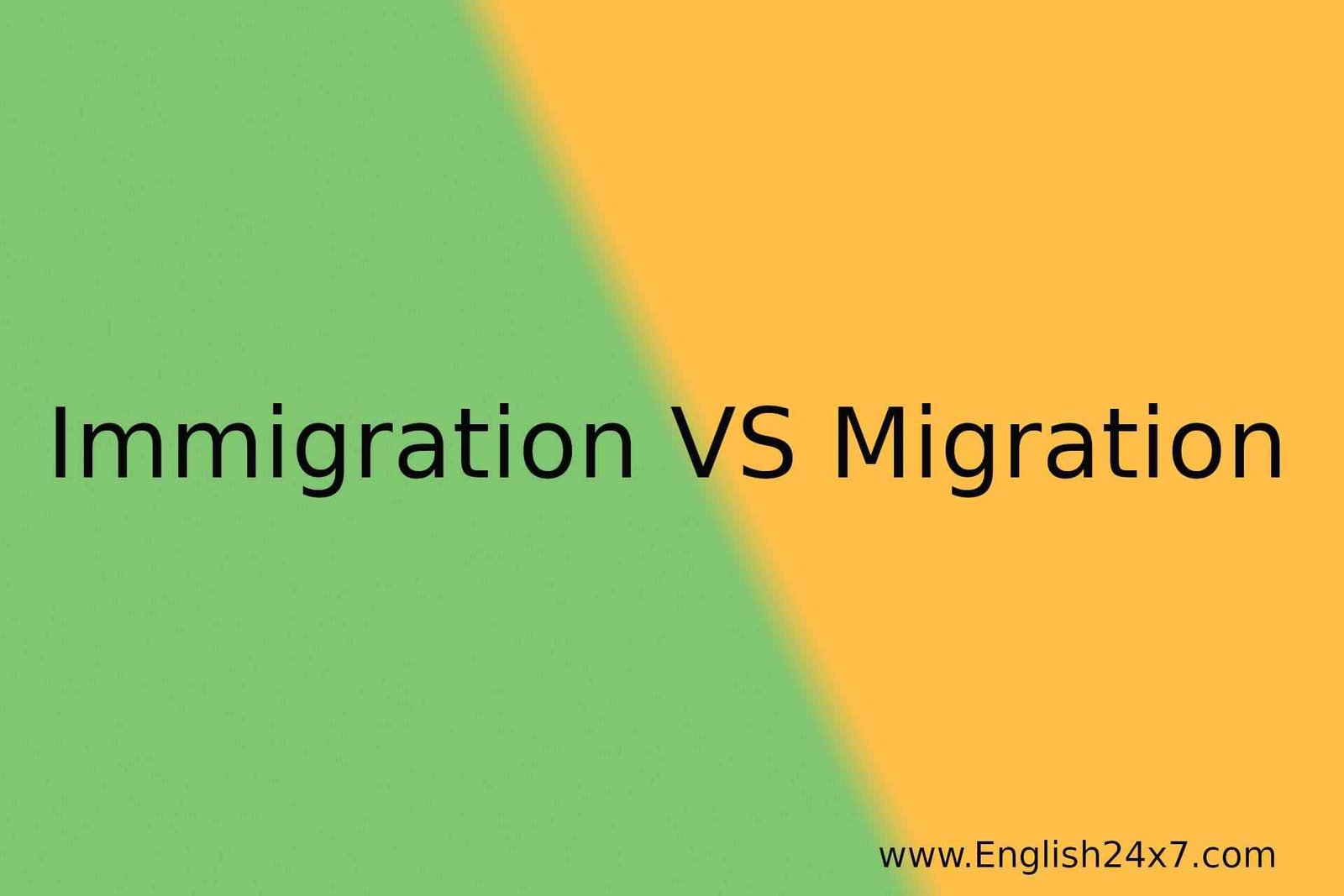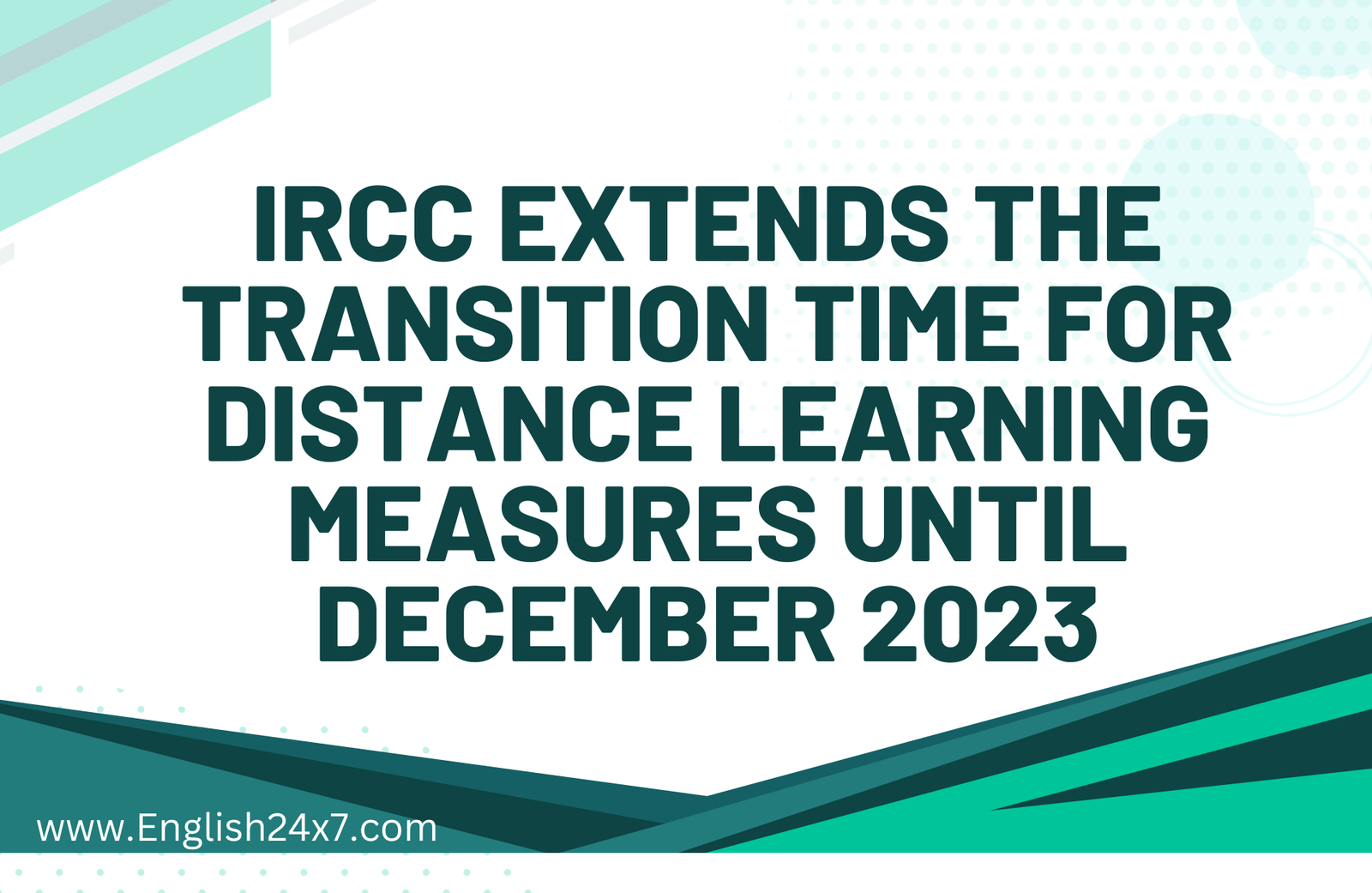
Canada's immigration system is no longer being impacted by a strike
After a strike that affected over 155,000 public servants, including those at Immigration, Refugees, and Citizenship Canada (IRCC), the Public Service Alliance of Canada (PSAC) and the Federal Government have made a tentative agreement.
The strike began on April 19. PSAC has told its members to go back to work today at 9 a.m. Eastern Time or their next open shift.
PSAC, the union that represents the federal workers who went on strike, says that the tentative deal will help its members in a number of ways.
For example, wages will go up to keep up with inflation, and there will be new and better language about working from home.
IRCC says on its blog that As services return to full capacity over the next few days and weeks, there may still be some service disruptions...During the strike, we'll keep adding to this page to let you know how services are affected.
During the strike, IRCC warned that delays could happen in a number of areas, such as processing applications, meetings or events in person, such as citizenship ceremonies, and getting in touch with IRCC by email, phone, or social media.
Consular services for identity and passports, Services for passports in Canada, and Grants and contributions services are also impacted by the strike.
Even though there was a strike, it was still possible to ask IRCC online to stay longer in Canada.
Also, even though there was a strike, IRCC held its regularly planned Express Entry draw on Wednesday, inviting 3,500 more people to apply for permanent residence.
Employment and Social Development Canada (ESDC) said that the Temporary Foreign Worker Program (TFWP) and the collection of fingerprints were also affected.
Employment and Social Development Canada (ESDC) is in charge of reviewing LMIAs, which are required for companies that want to hire temporary foreign workers. Many Canadian businesses use the TFWP to hire seasonal workers and fill pressing job openings in high-demand fields.
Why did immigration workers go on strike?
PSAC held national strike votes between February 22 and April 11. After that, negotiations didn't lead to a deal, so PSAC members decided to go on strike at 12:01 a.m. on April 19.
The Union said it wanted fair pay, a better balance between work and life, more diversity at work, and fewer layoffs by making more jobs instead of giving positions to private organizations.
Union members wanted to keep working from home like they had been doing during the COVID-19 pandemic, which was one of the things that broke the deal.
PSAC said that public service workers were just as productive when they worked from home as when they were in the office, and 90% of workers want to keep working from home.
During the strike, people who worked from home had to walk the picket line. The Government says that the demands, as they were written during negotiations, would make it very hard to provide services to Canadians and hard to manage public service workers well.
The Union was also trying to get better pay for its members because the cost of living in Canada has gone up.







